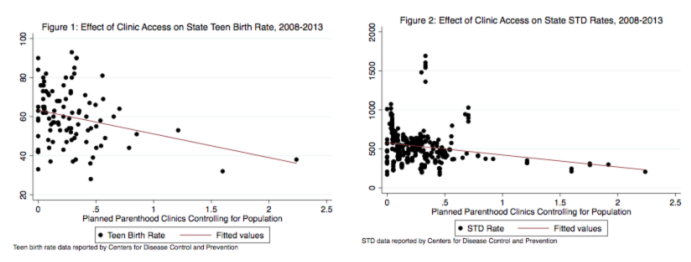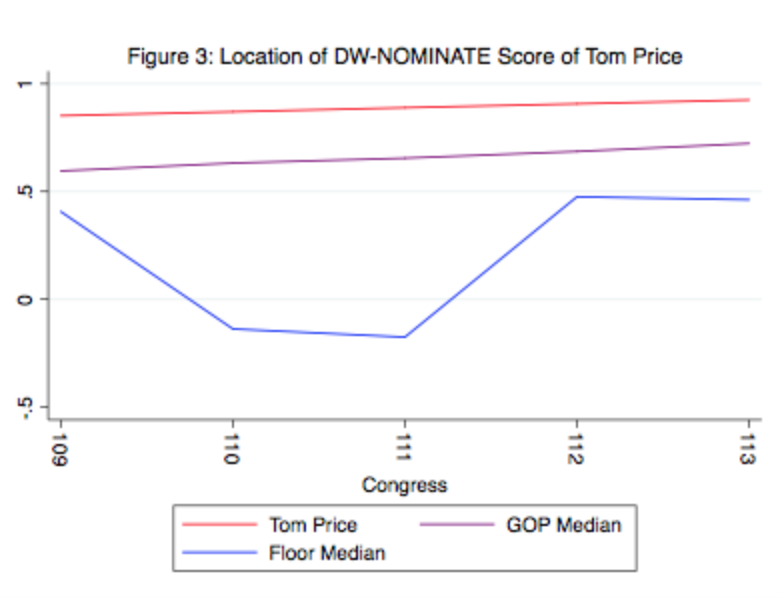Yeah. Fuck the last six years. Especially 2016. Fuck 2016.
Sure, there were some upsides. I made some extraordinary friends. I got a PhD. I adopted two darling cats. And I saw a lot of Springsteen shows.
But someone else helped me get through these truly shitty times. That person is Carrie Fisher, who is the latest and (for me, at least) one of the more devastating casualties of this truly fucked up year. And as someone who was so transparent about her life in her writing and her interviews, for many of us this loss feels akin to losing a friend whose writings and dramas have provided sources of comic relief and comfort over the years.
No, it’s not because of Star Wars (not that I’m Star Wars averse by any stretch – I even did all the midnight showings!). My first times discovering Carrie Fisher was through my love of two of her other films: When Harry Met Sally and Hannah and Her Sisters (I’ve been a Woody Allen die-hard from an early age… perhaps too early an age… it probably accounts for some, let’s call it quirkiness). I then saw her one woman show Wishful Drinking in my hometown of Berkeley, CA before it went to Broadway, a show to which I would come to relate much more a couple years down the line.
When you go to the hospital, they ask you to rate your pain on a scale of one to ten. Despite several hospitalizations for thyroid, GI, and cardiac issues, along with a couple of painful hand surgeries, depression has always been my real ten. And Carrie Fisher helped me to better comprehend it.
You see, for anyone who has struggled with mental illness or addiction, she provides a uniquely striking and brilliant voice for these sets of challenges and resilience in spite of it. My love for her writing began with the famous opening line to her semi-autobiographical book Postcards from the Edge: “Maybe I shouldn’t have given the guy who pumped my stomach my phone number.” It was reaffirmed in reading her woes laced with wit through such lines as, “I was invited to go to a mental hospital, and you don’t want to be rude, so you go…. But this was a very exclusive invitation.” She was, as she wrote, very sane about how crazy she was, and through her candor provided others (myself obviously included) a great gift.
Suffice it to say that depression and PTSD followed the (incomplete) set of challenges of mine that I enumerated above. Maybe it was inevitable. I probably have some biological predisposition to depression, and certainly I was faced with a rather inordinate number of struggles in a fairly condensed period of time. In many moments through which I was struggling through depressive episodes, listening (and re-listening, and re-re-listening…) to the book on tape of Wishful Drinking felt like getting the extra therapy sessions that as a lowly graduate student I couldn’t afford (and who wouldn’t want those extra therapy sessions with Carrie Fisher?).
When it feels all too difficult to conceive of tomorrow being better than yesterday, one can’t overstate the value of hearing someone with such humor and wit and perspective talk about working through challenges of mental illness and substance abuse and finding strength and resilience in the end (in an emphatically non-Lifetime or Hallmark movie sort of way). Indeed, she reminded all of her readers and followers that if her life weren’t funny, it would just be true, and that is unacceptable. While we often have to take the bad with the good, when we look at the bad with the right slant, with enough time, we get perspective and eventually laughter (and maybe a book). Location, location, location.
There are so many lines from her writing that have been burned into my brain. When facing the uncertainties of dating someone new, I think of Carrie writing, ““What worries me is, what if this guy is really the one for me and I just haven't had enough therapy yet for me to be comfortable with having found him.” The desire for instant gratification is all too relatable. And amid the numbness that can accompany the aftermath of trauma, there was perhaps no line more apt than “I rarely cry. I save my feelings up inside me like I have something more specific in mind for them.”
Walking idly through the streets of New York City, one can feel strangely alone despite being surrounded by millions. Yet listening to her read Wishful Drinking, I enjoyed hearing her wisdoms – the distinctions between problems and inconveniences (problems derail your life, while inconveniences involve getting a bad seat on an un-derailed train), the cycling through therapists and treatments, the adaptation to accepting a certain quota of discomfort in her life without resorting to substances (something that I would later realize would be more formally characterized as distress tolerance), and in general realizing that one could derive from these struggles strength (and writing material!) and not simply the weakness and defeat by which one might feel consumed amid crisis. And for someone accustomed to a compulsion to be perfect, seeing a woman so powerfully embrace her imperfections and her struggles – and even more importantly, her strength in working through them – made it feel more acceptable to me to be open about my own struggles.
And so while I had at my disposal limited means with which to numb myself from the pain that I experienced, following Carrie’s example, I put pen to paper through the guise of fiction: “For all its limitations, immediate gratification had never quite lost its allure for her, and distress tolerance seemed antithetical to recovery… There was so much she had once loved about New York City. The liberal intellectualism and appreciation of her humor and the number of people who understood the superiority of vinyl (but also the ready availability of $1 Motown CDs across the street from the Apollo Theater). The crisp air with the sun wafting in and the autumn leaves providing a crunch crunch beneath her feet as she speed-walked past the naked man who lay clutching his bottle of Wild Turkey. She had come, over the months, to regard his degree of nudity to be a makeshift thermostat. Full frontal, and it was safe to go with a skirt and halter. Pants draped loosely, it was a jeans and t-shirt sort of day. Fully clothed, it was time to bundle up. She had come, after years of insomnia, to rely upon the white noise of the above-ground subway, though not necessarily the 3 a.m. debates over who fucked who(m) without whose permission. She had even come to grips with an unfortunate Kafkaesque quality of living in the city that once left her queasy for days on end. Now the city haunted her, and the anonymity in which she had once found solace felt like externally-imposed isolation as she plodded trance-like up Amsterdam past the people who, as she had so many times previously, did not know how to recognize how much she wanted, needed, to feel the calm and comfort of someone who understood her and wanted her not simply to live, but to want to live, and to understand the difference.” (I am still working to emulate Carrie’s wit, but it’s something to which to aspire).
In her final advice column for The Guardian, Carrie responded to someone with bipolar disorder and wrote, “We have been given a challenging illness, and there is no other option than to meet those challenges.” To struggle with depression is sub-optimal to say the least, and in many cases can be a daily struggle for far too many people. We should all be so lucky to approach hurdles with such clarity and pragmatism, whether with respect to the trials of illness or the trials of the upcoming Trump Administration. Carrie passed away far too soon, but she left a great mark on how we as a nation talk about mental illness and substance abuse, and I’ll always be grateful to her for providing the wisdom and humor to – admittedly from a distance – help me through my own trials in the aftermath of trauma.
Rest in peace, Carrie. I hope that the force is with you, wherever you are now.


 RSS Feed
RSS Feed